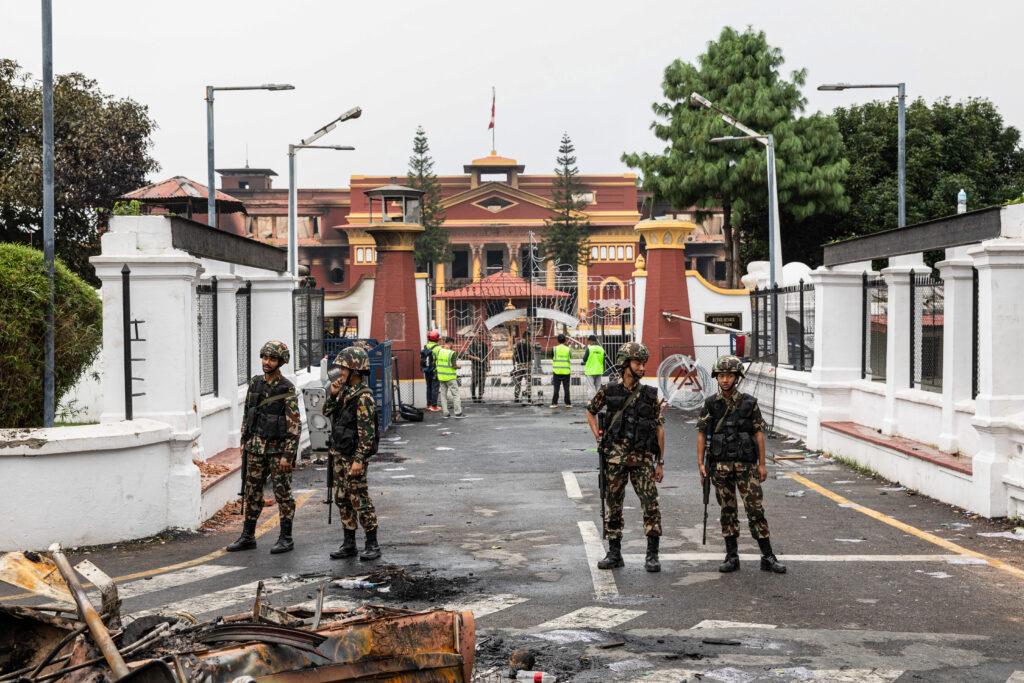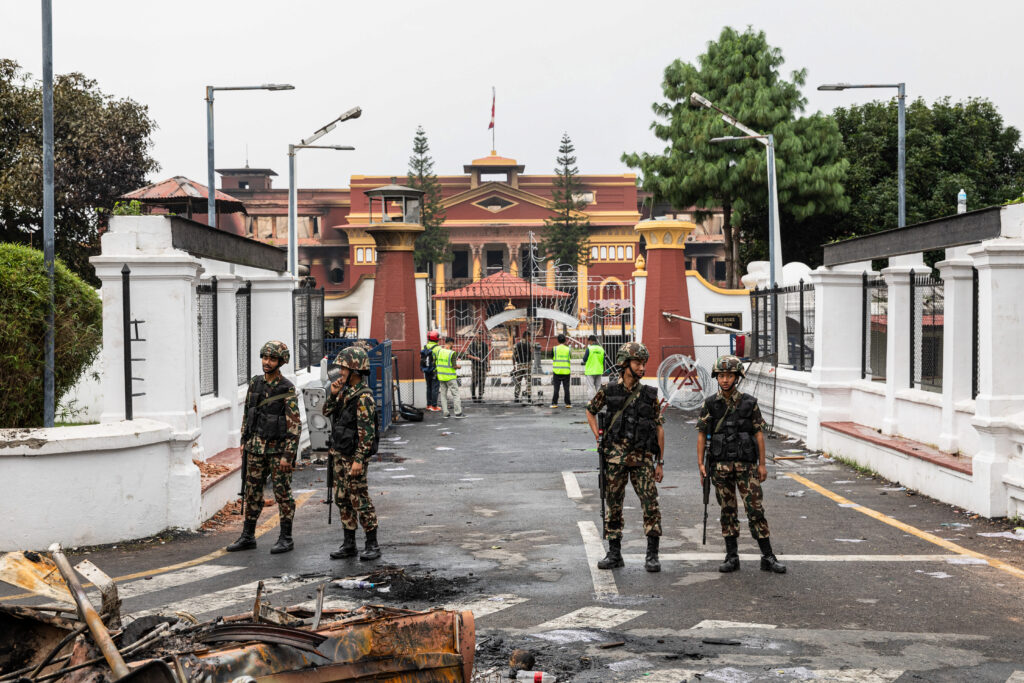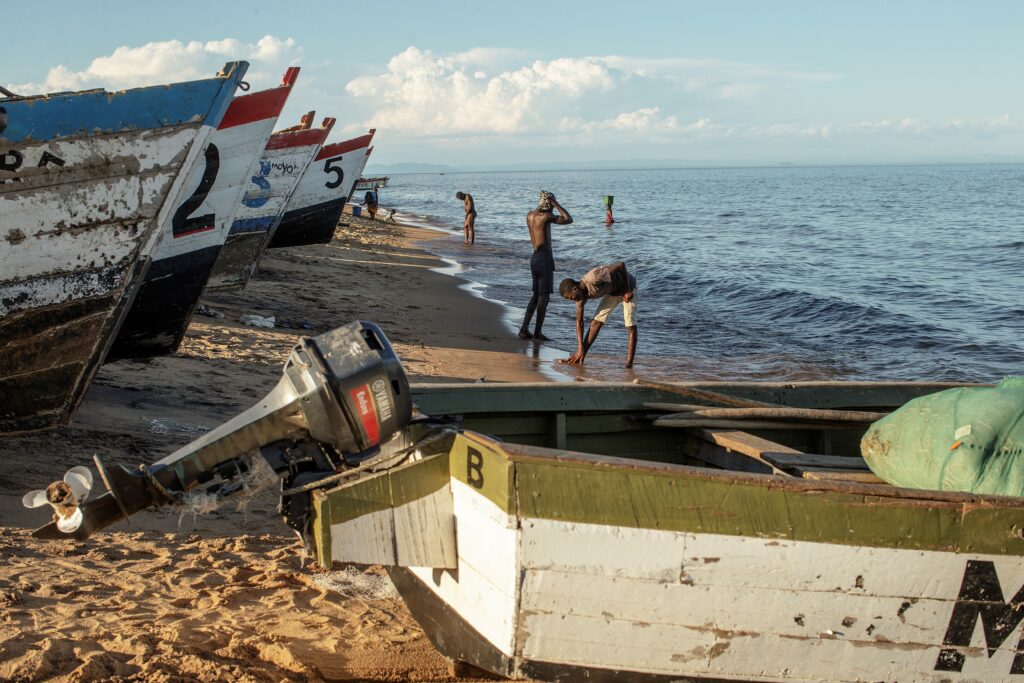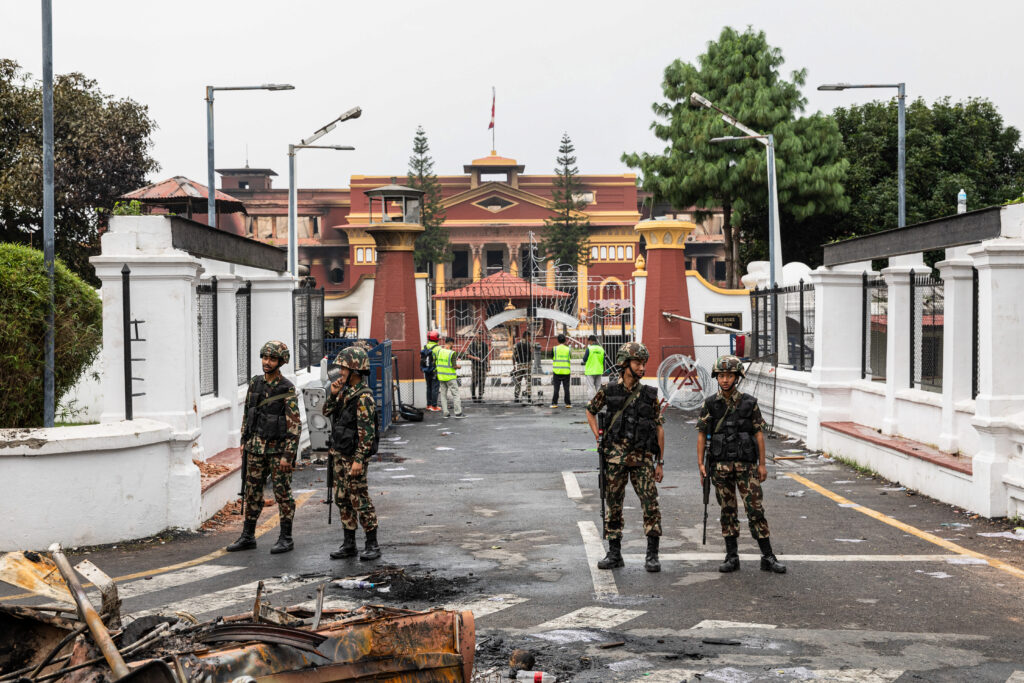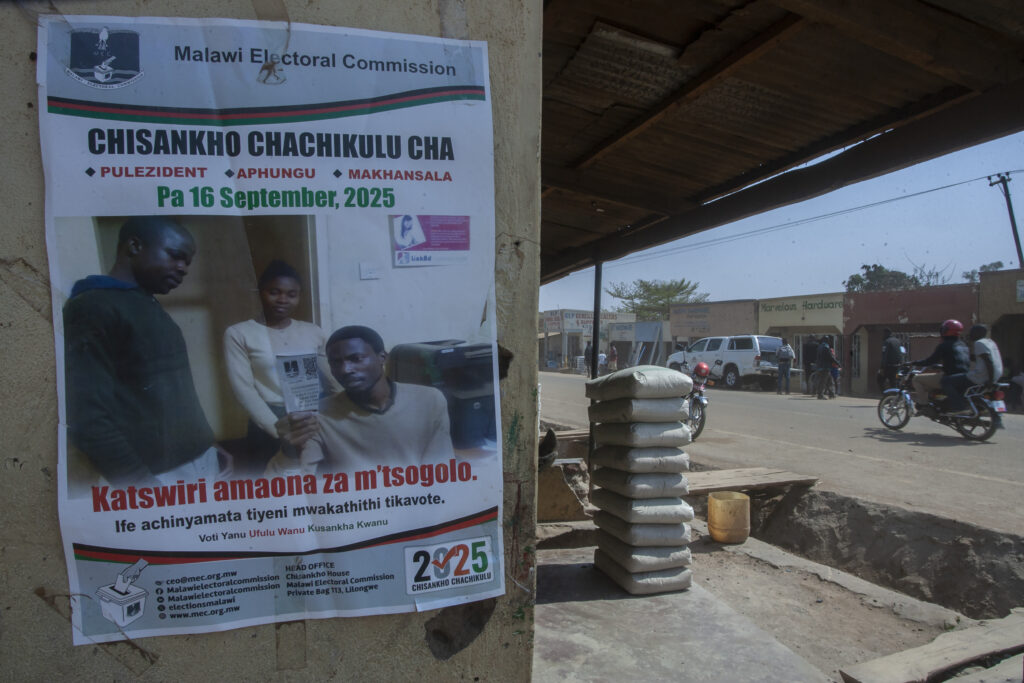Chasse à l’homme aux Etats-Unis pour retrouver le tueur de Charlie Kirk, un allié de Donald Trump
Les autorités américaines ont lancé une chasse à l’homme pour retrouver le tueur présumé du jeune militant conservateur américain Charlie Kirk, un fidèle allié du président Donald Trump, assassiné par balle mercredi pendant une réunion publique sur le campus d’une université de l’Utah.Le président Trump a d’ores et déjà mis en cause “la gauche radicale” dans l’assassinat de celui qu’il a qualifié de “martyr de la vérité et de la liberté”.Le podcasteur conservateur, porte-drapeau de la jeunesse pro-Trump, âgé de 31 ans, a été tué d’une balle dans le cou alors qu’il participait à une réunion devant environ 3.000 personnes sur le thème du “comeback” (le retour) américain. Les motivations du tueur restent pour l’heure inconnues.”Depuis des années, la gauche radicale compare des Américains formidables comme Charlie aux nazis et aux pires criminels et meurtriers de masse du monde. Ce genre de rhétorique est directement responsable du terrorisme que nous connaissons aujourd’hui dans notre pays, et cela doit cesser immédiatement”, a accusé le président américain dans une vidéo publiée sur son réseau Truth Social.”Mon administration retrouvera tous ceux qui ont contribué à cette atrocité et à toute autre violence politique, y compris les organisations qui les financent et les soutiennent”, a-t-il lancé.Avant lui, plusieurs figures trumpistes avaient qualifié Charlie Kirk de “martyr” tombé pour la défense des valeurs conservatrices et chrétiennes.Un suspect a été arrêté, avant d’être relâché plus tard dans la journée, selon le patron de la police fédérale (FBI). “Notre enquête se poursuit”, a posté le patron du FBI Kash Patel sur les réseaux sociaux.La mort de Charlie Kirk a été captée par des vidéos qui ont rapidement circulé sur les réseaux sociaux.Selon les autorités américaines, le tueur aurait tiré d’un toit situé à environ une centaine de mètres du lieu de l’événement.Le président a ordonné la mise en berne des drapeaux américains en hommage à celui qui avait été un rouage important de sa dernière campagne présidentielle. L’immense étendard de la Maison Blanche a été abaissé.- “Violence politique” -Friand de joutes oratoires avec les étudiants, Charlie Kirk participait à un événement en plein air sur le campus de l’Utah Valley University, dans l’ouest du pays.Vers midi heure locale, “on a tiré un coup de feu sur Charlie Kirk” qui a été “évacué des lieux par ses gardes du corps”, a écrit l’université sur X.Des vidéos le montrent, touché au cou, s’effondrant sur sa chaise, des cris de panique se faisant entendre dans le public.”Je veux être bien clair, il s’agit d’un assassinat politique”, a souligné le gouverneur républicain de l’Utah Spencer Cox lors d’une conférence de presse.Selon les enquêteurs, la seule balle tirée l’a été depuis le toit d’un bâtiment du campus, par un homme habillé de noir, dans ce qui semble être un assassinat ciblé.A gauche, l’ancienne candidate démocrate malheureuse à l’élection de 2024, Kamala Harris, a estimé que “la violence politique n’a(vait) pas de place en Amérique”. L’ancien président Joe Biden a aussi appelé à ce que ce type de violence “cesse immédiatement”, à l’unisson d’autres figures de la gauche: Barack Obama, Bernie Sanders ou encore le gouverneur de Californie Gavin Newsom.- “Fontaine de sang” -Sophie Anderson, 45 ans, a raconté au Daily Mail qu’elle se trouvait à 30 mètres de la scène: “Il a été touché au cou et s’est effondré, il n’était plus qu’une fontaine de sang.”Originaire de la banlieue de Chicago, chrétien et défenseur du port d’armes à feu, ce père de deux enfants avait abandonné ses études pour se dévouer au militantisme.Il était à la tête d’un mouvement de jeunesse: Turning Point USA. Cofondée en 2012 par l’influenceur, alors âgé de 18 ans, cette association est devenue en une décennie le plus gros groupe de jeunes conservateurs aux Etats-Unis.Elle comprend une armée de militants enthousiastes, dont certains avaient été envoyés en bus à Washington à la manifestation du 6 janvier 2021 qui avait débouché sur l’invasion du Capitole.Avec ses 6,9 millions d’abonnés sur Instagram et 3,8 millions sur YouTube, son influence avait largement servi Donald Trump pour séduire les jeunes hommes américains en promouvant une conception ultratraditionnelle de la famille.


